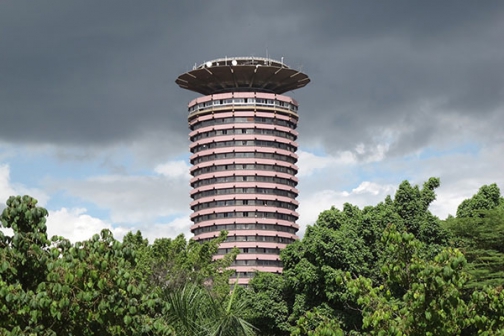
Nairobi will once again host a global conference when 10,000 foreign delegates converge on the Kenyatta International Convention Centre for the sixth Tokyo International Conference on African Development (TICAD) starting this Friday.
This is another affirmation that Kenya is well on its way to positioning itself as the hub of conferencing in sub-Saharan Africa given that this will be the third summit Nairobi will host in the last 13 months. The Global Entrepreneurial Summit attended by US President Barack Obama last July and the United National Conference on Trade and Development (UNCTAD) summit last month not only served as a precursor to TICAD, the hundreds of investors who attended were on a fishing expedition to establish the viability of Kenya as an investment hub in sub-Saharan Africa. Nairobi was not selected as co-host of the summit by chance — TICAD conferences are intended to help promote high-level policy dialogue among African leaders and their development partners — and Kenya as one of the biggest recipients of support from Japan, was the natural choice. Japanese Official Development Assistance (ODA) to Africa stands at $32 billion (Sh3.2 trillion), including $16 billion (Sh1.6 trillion) for public-private ventures. Kenya is the leading recipient of the Japanese ODA in sub-Saharan Africa which cumulatively stands at approximately Sh445 billion.